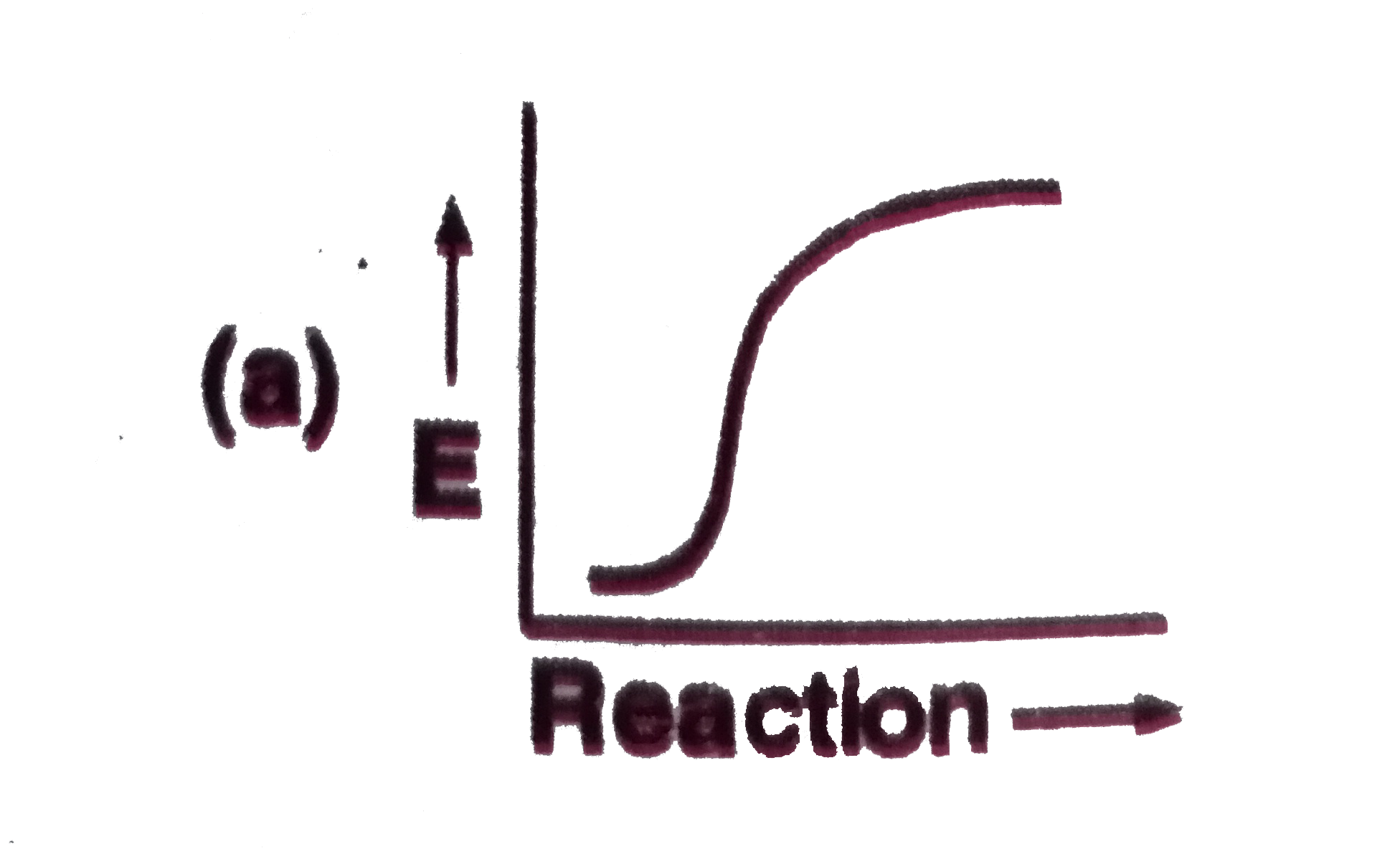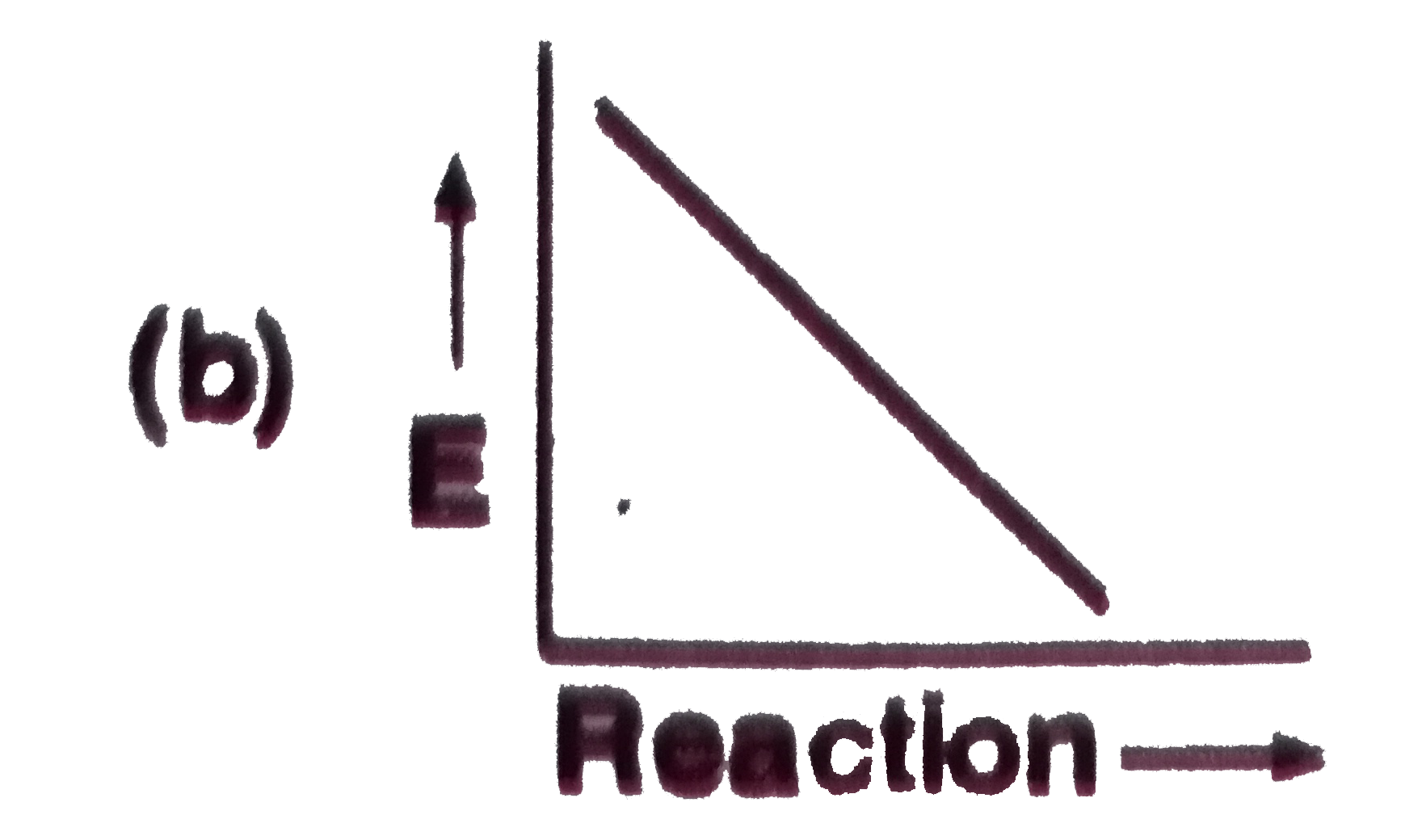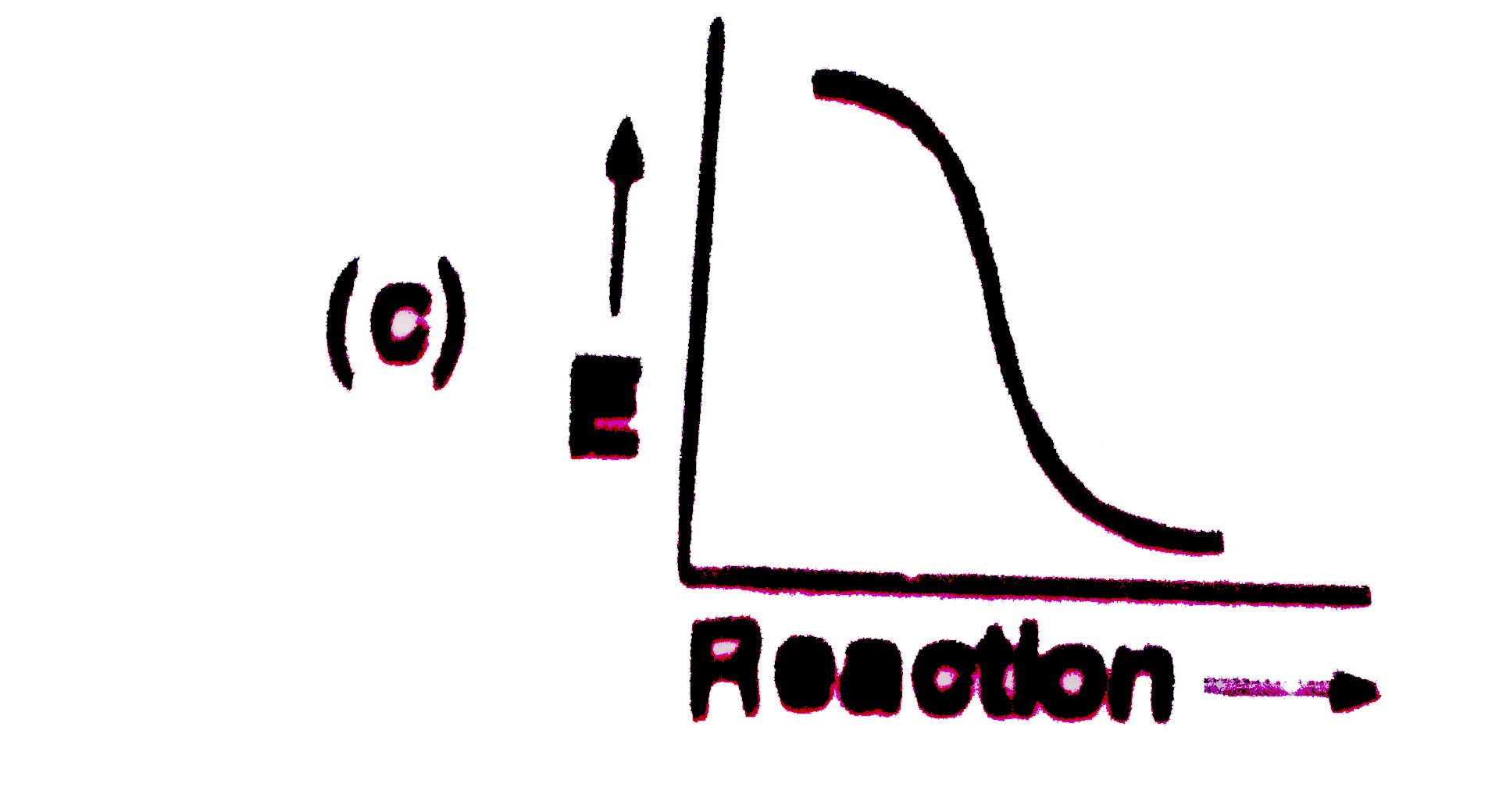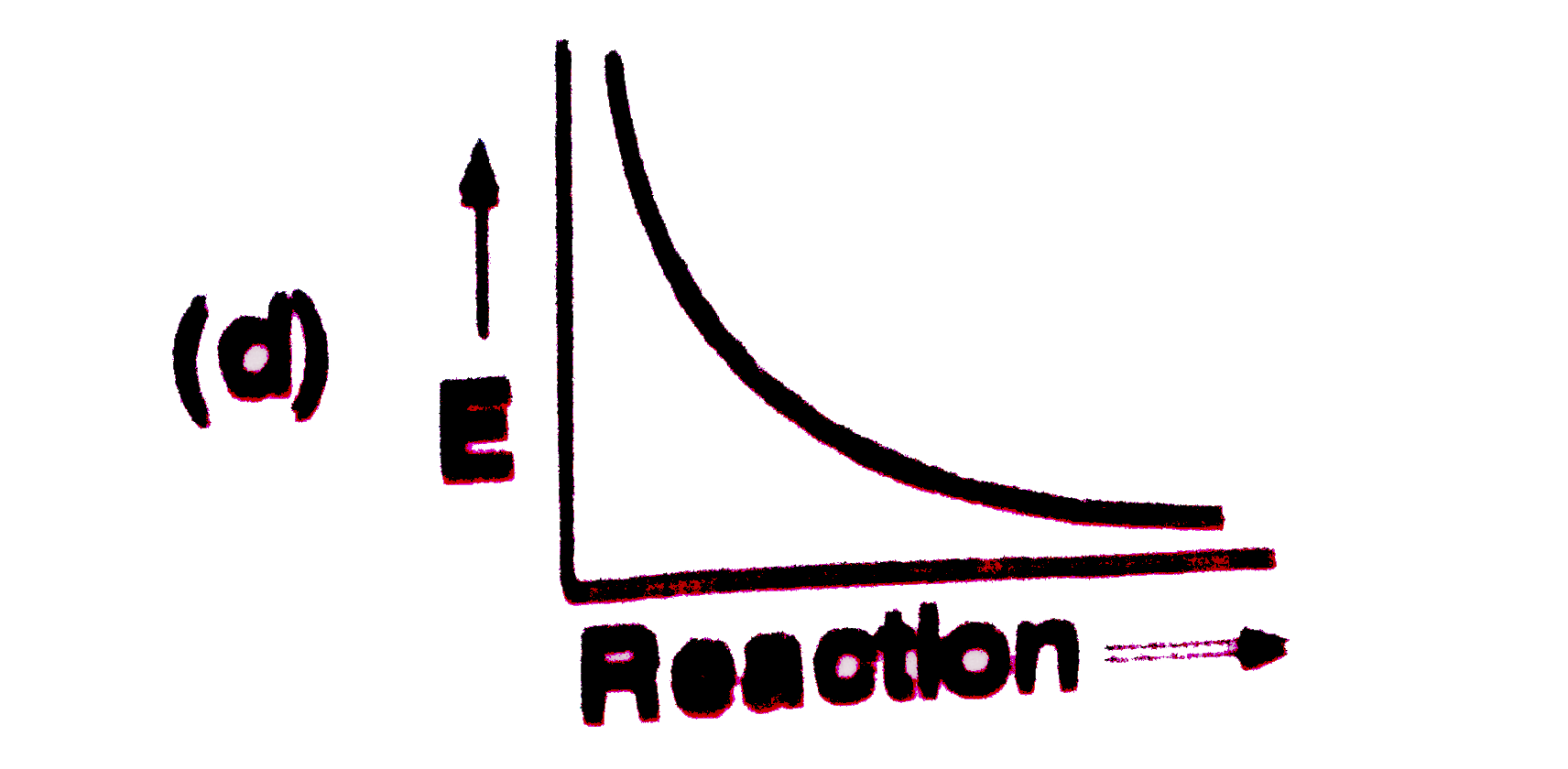Can a reaction have negative or zero activation energy ?
Video Solution
Text Solution
Refer point (j) and (k), Overview, Chapter.
|
Topper's Solved these Questions
- NCERT BASED EXERCISEBOOK - CENGAGE CHEMISTRYCHAPTER - NCERT BASED EXERCISEEXERCISE - Surface Chemistry (In-Text Question)
8 Videos
- NCERT BASED EXERCISEBOOK - CENGAGE CHEMISTRYCHAPTER - NCERT BASED EXERCISEEXERCISE - Nuclear Chemistry (NCERT Exercise)
29 Videos
- NCERT BASED EXERCISEBOOK - CENGAGE CHEMISTRYCHAPTER - NCERT BASED EXERCISEEXERCISE - Chemical Kinetics (In -Text Questions)
9 Videos
- GRIGNARD REAGENTS AND ORGANOMETALLIC REAGENTSBOOK - CENGAGE CHEMISTRYCHAPTER - GRIGNARD REAGENTS AND ORGANOMETALLIC REAGENTSEXERCISE - Exercises Archives (Linked Comprehension)
1 Videos
- NUCLEAR CHEMISTRYBOOK - CENGAGE CHEMISTRYCHAPTER - NUCLEAR CHEMISTRYEXERCISE - Archives Subjective
13 Videos
Similar Questions
Knowledge Check
Which graph shows zero activation energy ?
A B
B C
C D
D
The rate of reactions exhibiting negative activation energy
ADecreases with increasing temperatureBIncreases with the increasing temperatureCDoes not depend on temperatureDDepends on the height of the potential barrierFor the exothermic reaction, A+B→C+D.ΔH is the heat of reaction and Ea is the activation energy. The activation energy for the formation of A + B will be
AEaBΔHCEa+ΔHDΔH−Ea
Can a reaction have negative activation energy?
View SolutionCan a reaction have zero activation energy ?
View SolutionTwo reactions have identical values for energy of activation .Does this ensure that they will have the same rate constant if run at the same temperature ?
View SolutionWhich of the following reactions has Zero activation energy?
View SolutionWhich group of periodic table have large negative energy of activation ?
View Solution
